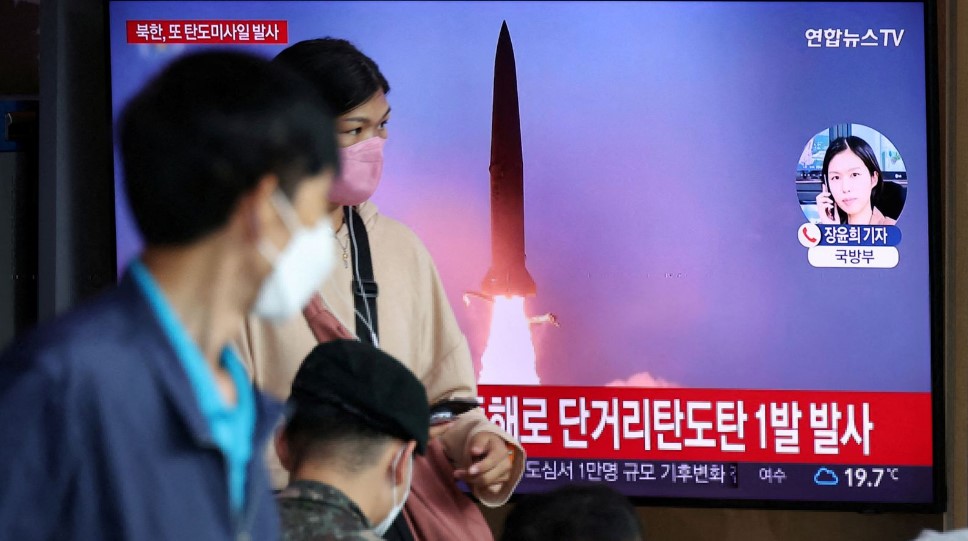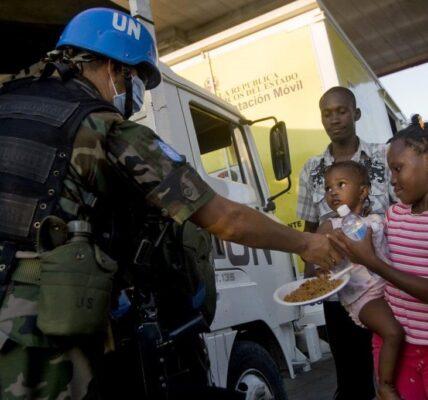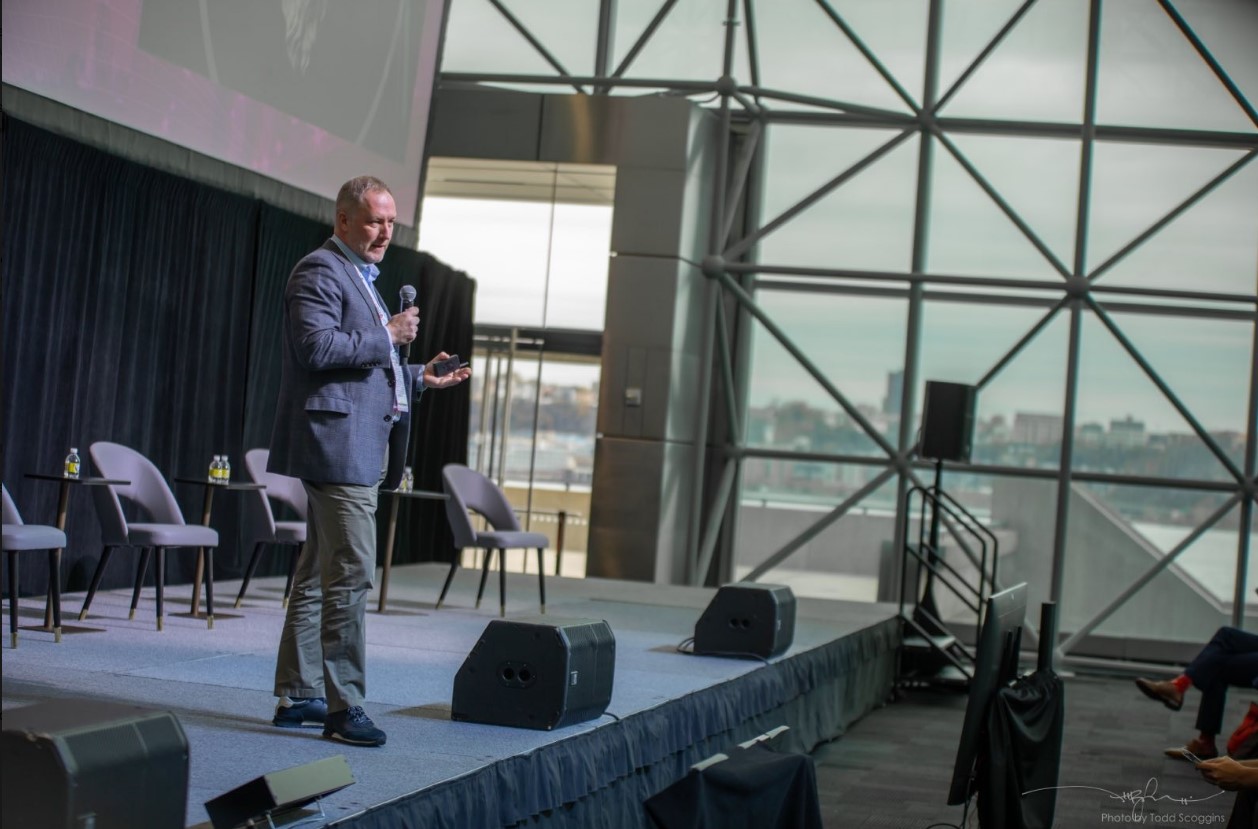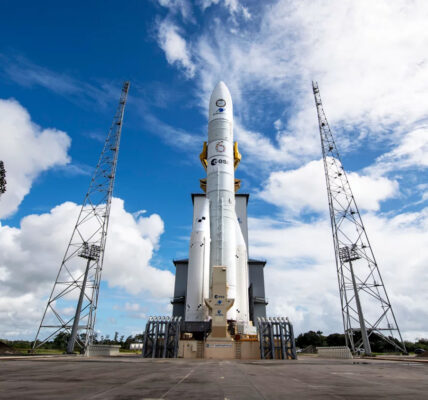Are we facing nuclear Armageddon? What might precipitate the ultimate nightmare scenario?
Joe Biden is worried. On October 6 the US President used the A-word, warning Vladimir Putin that any use of a tactical nuclear weapon in Ukraine risked cataclysmic consequences.
Ukraine fills our minds, naturally, but it is not the only potential nuclear flashpoint.
Lest we forget, one such flashpoint just issued a reminder and not for the first time.
On October 4, North Korea test-fired a missile. That’s hardly news. This year Pyongyang has launched no fewer than 46 projectiles on 29 separate occasions – an unprecedented pace. Almost all were ballistic missiles, flouting a UN Security Council ban on it developing BMs.
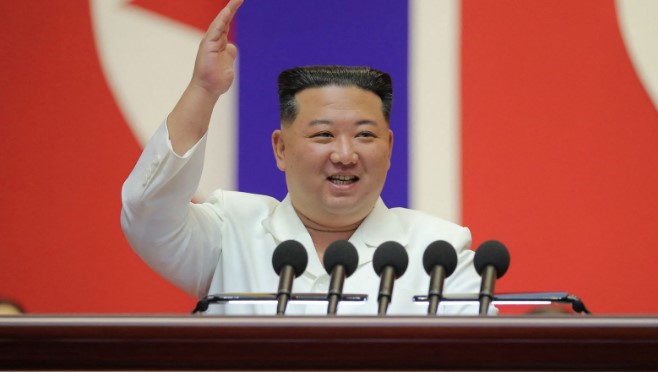
Kim Jong-un may be unpredictable, but he is not random. Each weapon, every test, and their timing are carefully calibrated.
This one, though only intermediate range (IRBM – Kim has much bigger ones), flew further than any previous North Korean missile: 2,850 miles (4,600 km) across the Pacific. That entailed passing over Japan, which issued an air raid warning and briefly halted some trains.
An earlier test of the same Hwasong-12 rocket in January was lofted vertically to avoid such overflying ‘in consideration of … neighbouring countries’, as official media put it.
This time Pyongyang showed no such consideration. Not that they ever warn shipping and aircraft, as international law requires. Until recently they did report tests afterwards, giving analysts valuable detail, but no longer.
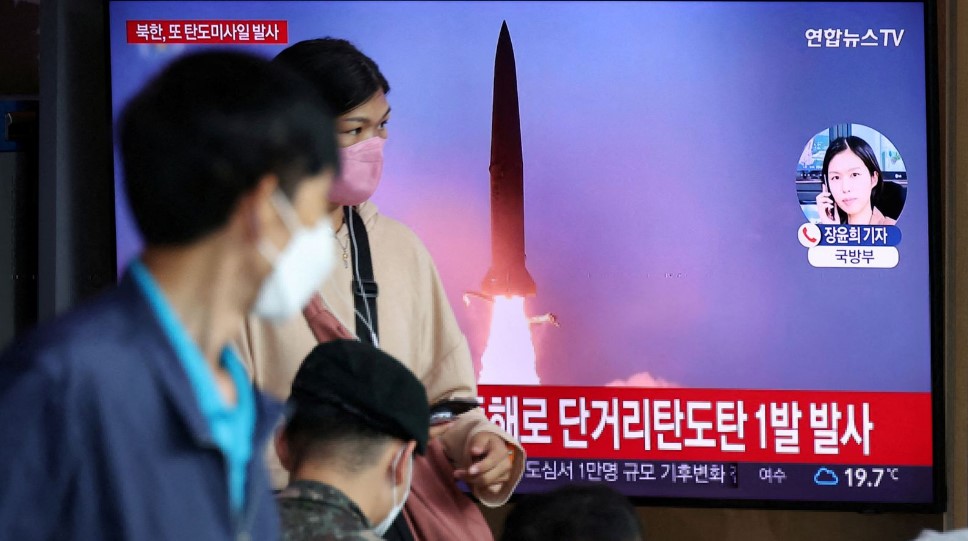
This first overflight of Japan since 2017, travelling almost 3,000 miles towards the US, shows Kim is ratcheting up tensions. And he has more in store. Soon, the other shoe will drop.
Weapons of mass destruction (WMD) have two components: the vehicle, and its payload. During his decade (so far) in power, Kim has much enhanced both aspects: launching ever bigger and better rockets, while making smaller, more powerful warheads. North Korea is the only state to test nuclear weapons this century – six times from 2006-17.
In 2018, Kim seemed to pivot towards peace, holding a summit with Donald Trump, and three with South Korea’s then-leader Moon Jae-in. Hopes ran high.
That false dawn included inviting foreign journalists (but no nuclear experts) to watch North Korea ostensibly blow up its Punggye-ri test site. But then everything fell apart at Trump and Kim’s second summit in Hanoi in 2019. Pyongyang reverted to bluster and menace.
For months now, spy satellites have tracked preparations for a fresh nuclear test, not only at Punggye-ri but also another site. The intelligence consensus is that it could happen any time. As ever, Kim will choose his moment.
Or could the delay have other causes? Might a dragon, or a bear, be pulling the strings?
Some background. North Korea trumpets ‘Juche’ (self-reliance), but that’s a lie. Pyongyang has always needed aid. First from the USSR – which founded the regime in 1948 after the peninsula was divided, installing Kim’s grandfather Kim Il-sung as ruler – and later China.
Yet taking other people’s cash never meant obedience. Kim Il-sung refused to be a Soviet puppet, staying neutral in the Sino-Soviet dispute. His son Kim Jong-il (in power 1994-2011) played off China against a new moneybox, South Korea, after post-Soviet Russia got tired of bankrolling ingrate Kims and recognised the other Korea too, to Pyongyang’s fury.
2018’s summits saw Kim play the same game with aplomb, courting multiple suitors. Even Japan’s hard-line Shinzo Abe wanted to meet him. But it didn’t last.
Our West-centric media failed to clock the summits that really counted. Not Trump or Moon, but Kim’s five meetings with Xi Jinping – after totally ignoring China for his first six years.
Mending fences with Beijing was crucial. The Hanoi debacle shattered Kim’s hopes of the US. He could have strung the ever-eager Moon along, but significantly chose to rebuff him.
Inter-Korean reconciliation, much less reunification, is off the table. More so since South Korean voters swung right this year. Unlike Moon, the South’s new President, Yun Suk-yeol, has no interest in or expectations of North Korea. Sad in a way, but more realistic.
Why? Because Kim had already made his choice, and he chose China. No more balancing independently between different powers and playing them off, like his father and grandfather.
Instead, he has embraced big brother. Xi quietly pays the bills with no tiresome pressure on human rights or to denuclearise. Who needs America or South Korea when China has your back?
There is no love lost on either side, but any DPRK collapse would leave China bordering a unified Korea which hosts US bases. Xi won’t let that happen.
Now Kim has Russia too. Although, unlike Xi, Putin hardly sends a kopeck his way. Having to write off $11 billion in Soviet-era debts still rankles in Moscow.
Russia provides diplomatic cover, which Kim returns in spades. Just as he supports China on Taiwan (and everything else), he backs Russia’s aggression in Ukraine to the hilt. North Korea even recognised the Donetsk and Luhansk puppet states – and then their absorption by Russia.
What’s going on with this new love-in? And what’s in it for either side?
Money is part of it. North Korea is effectively bankrupt, due to ill-advised policies and military spending. UN sanctions and a draconian anti-COVID lockdown have made matters worse.
Pyongyang denies claims that it has offered Russia arms and troops. But it may send civilian workers – a vital revenue source until forbidden by sanctions. Russia and China never fully enforced the ban and may ignore it now that nominal UNSC unity against North Korea has collapsed – Moscow and Beijing have refused to condemn this year’s multiple BM launches.
Would they be equally insouciant about a nuclear test? We may soon find out. What’s clear is that a new era has begun, although the West’s failed policies have yet to adjust.
Gone are the days when every North Korean nuclear test and major BM launch was censured, and often sanctioned, by a unanimous UNSC. Pyongyang took no notice but redoubled its efforts to earn cash by any means necessary. Increasingly, that means resorting to cybertheft.
Russia and China used to see North Korean missile tests as destabilising. No longer. Kim’s antics have become a positive factor for them since these distract and discomfit the US.
Similarly, I suspect both will swallow a nuclear test too. Not overtly – on this at least, we may still get a formal unanimous UNSC condemnation. Xi will not be pleased – the tremors are felt in northeast China, to the alarm of residents there – but nor will he punish Kim.
Sucking up to both the dragon and bear with an enthusiasm his pa and grandpa would have deemed ‘flunkeyist’, does Kim now have carte blanche to wreak whatever mischief he pleases? What provocations might he try? And the $64,000 question: what does he want?
Dispiriting though it is to see the old Cold War line-up reborn, this may be positive for peace. Neither China nor Russia trusts North Korea. Nor has either forgotten that 72 years ago Kim’s grandfather dragged them into a devastating conflict. China suffered almost a million casualties in the 1950-53 Korean War, hot on the heels of its own civil war.
Xi and Putin each have their own malign fish to fry elsewhere. The last thing either wants is to be distracted by, or embroiled in, a repeat of Kim-ist adventurism on the Korean peninsula. They are thus a restraining influence whom Kim cannot afford (literally) to ignore or offend. Both also have important commercial ties with South Korea.
No one can be certain, and complacency is ill-advised. North Korea’s new nuclear law, which formally expands the circumstances when the bomb may be used, is worrying. Kim might miscalculate, though he has played a skilful hand up to now.
A true rogue regime, North Korea will continue to be the only state actor to practise naked cybertheft on a global scale. But snuggling up to Xi and Putin means that on the nuclear front, and despite his ever-growing arsenal, Kim is no longer such a loose cannon. The tense peace – underpinned by strong deterrence – which for 69 years has allowed South Korea to prosper while the North festers should therefore endure.

